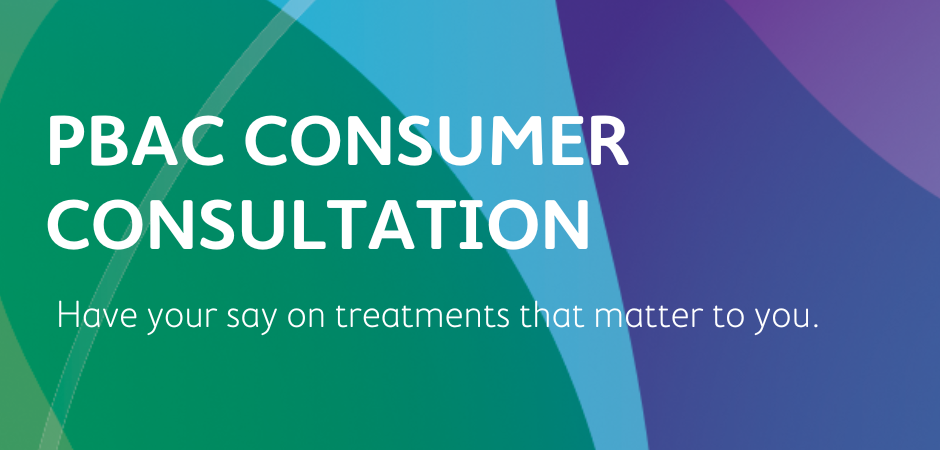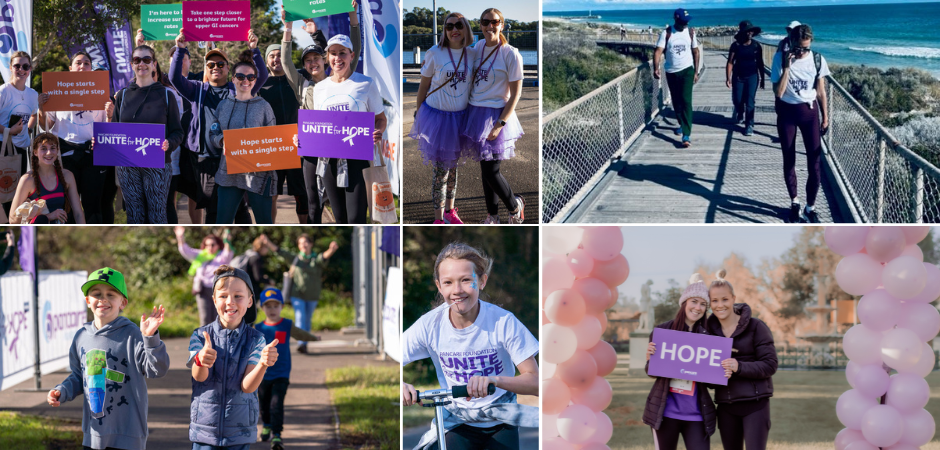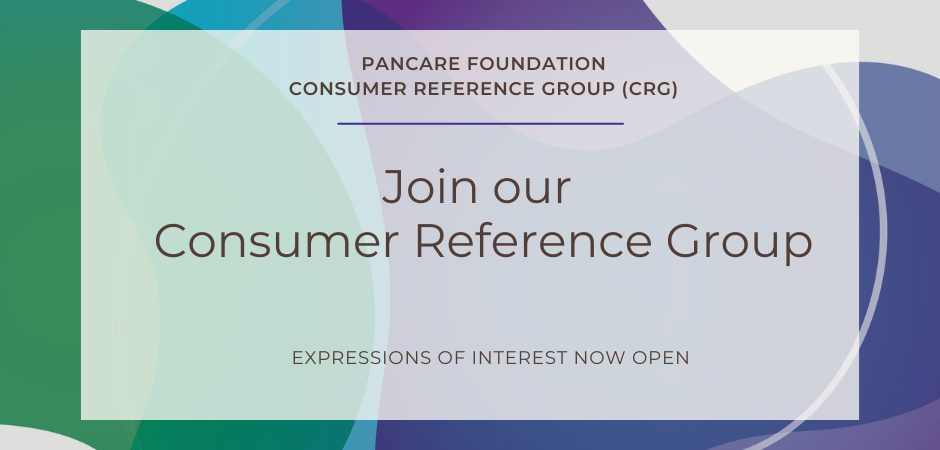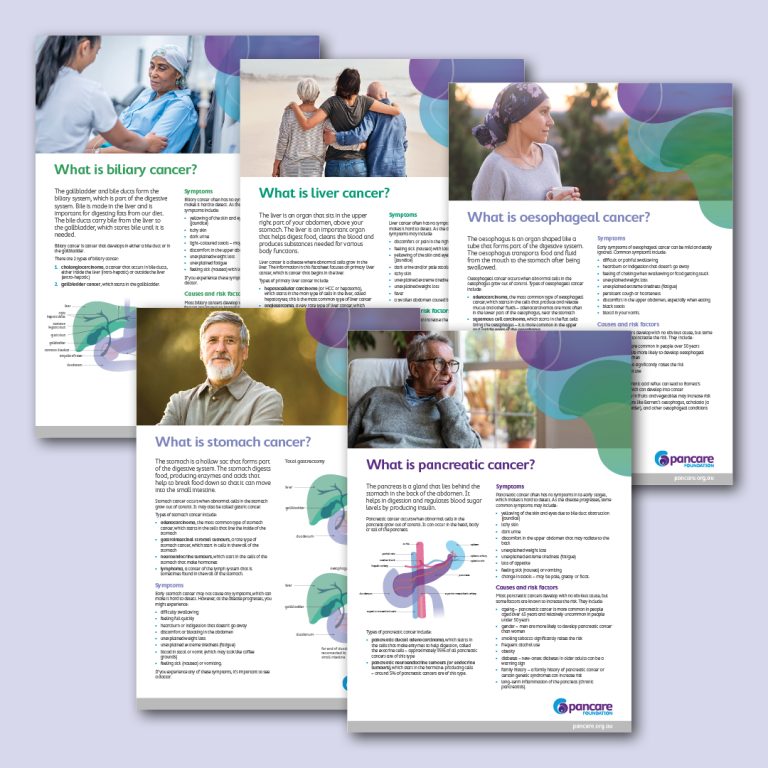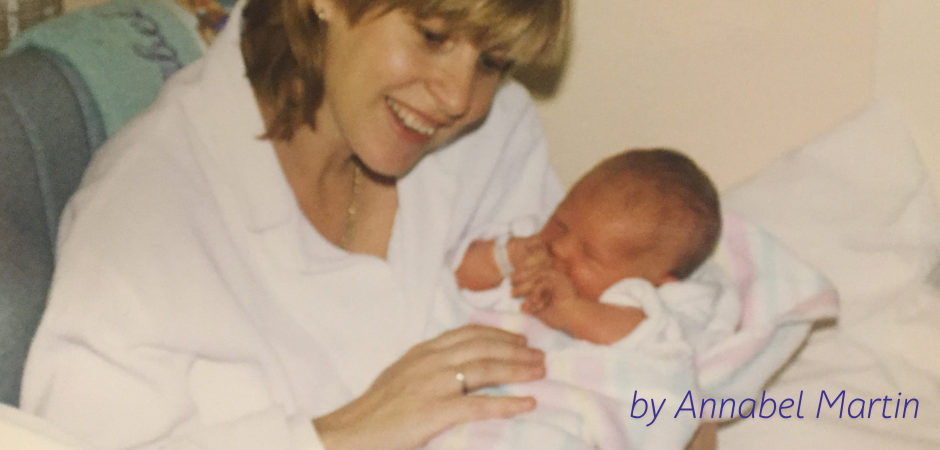
Annabel Martin is an incredibly brave 25 year old who after losing her mother to Biliary cancer is sharing her story and lived experience.
This is why I wanted to write this, if sharing a part of my story helps someone out there feel less alone during their own experience with loss and grief then I’ve done what I set out to do. And if I have encouraged someone to check in on a friend even years after they’ve experienced loss then that’s more than I could’ve hoped for.
Losing a Parent in your 20’s.
“It gets easier over time”. I’ve heard that line a lot in the 24 years that I’ve been alive. Unfortunately, maybe more than most people my age it’s because I lost my mother to cancer a few years ago.
If I’m being honest I’m not sure how I feel about that line even now, some days I believe that it’s true and I reflect on all the progress I’ve made in my grief, on other days I feel this heavyweight deep inside that hurts more than the day she died and makes me break down in tears for other reason than the fact that I miss her.
I don’t tell many people that, I feel I shouldn’t still be struggling like that after two years, it shouldn’t affect me this much. But it does.
I love to talk about my mum but as soon as I do I see people’s facial expressions change. I see the pity in their eyes, the uncomfortable nervousness as they quickly try to formulate their next few words, almost terrified to say the wrong thing so they change the conversation entirely.
It’s times like these that I will take that line, I would take anything because anything is better than people saying nothing at all. I’ve found that it hurts less to go through things alone than to tell people and think they don’t care. So sometimes I stop myself from talking about her to avoid feeling that way. It’s a similar form of isolation I felt when she was terminal for six years before she passed.
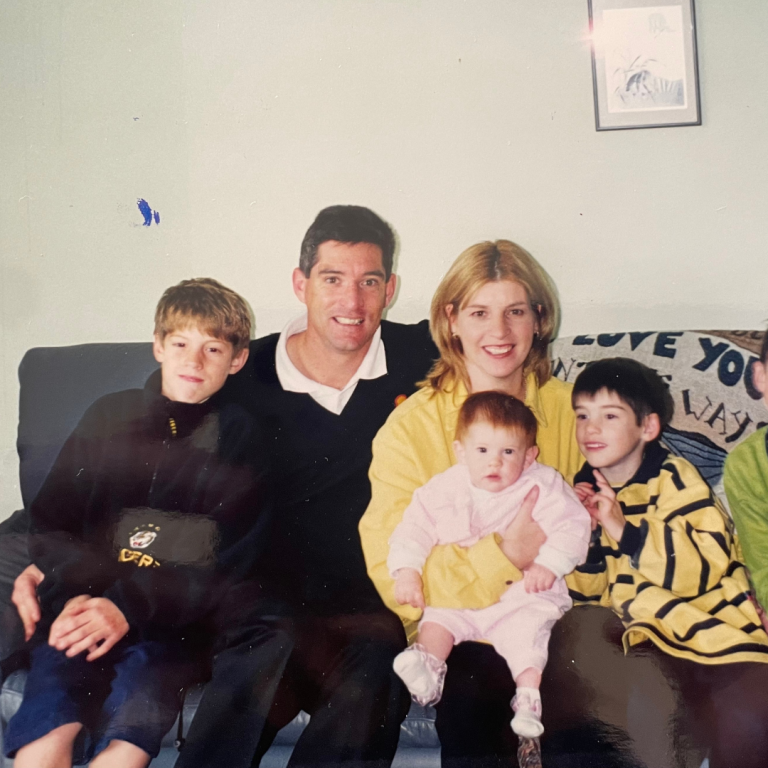

People were scared to bring her up, or it was a quick question about how she was doing and I’d brush it off saying she was doing good, not having the energy to explain the complexity of her cancer, and not really knowing the answer myself. Then we’d quickly move on to something else. It was never really raised at school apart from the first time my parents mentioned it to my teachers. They offered to delay my upcoming test and that was the end of that, no mention of it even though my life only got more stressful and busy with more forms of treatment and more unknowns.
It made me wish they didn’t know to begin with and I couldn’t understand why they would never mention it. Even my friends at school had more understanding despite us only being 16 when she was diagnosed. But they also had high school, boyfriends and parties to focus on, we were still kids after all. But I didn’t feel like a kid anymore. I was an adult now, and I had responsibilities.
I don’t remember the first conversation when my Mum told me she was sick. Being a typical teenager I was probably more concerned with school, soccer and my social life and just figured it was a coincidence that my dad just happened to be coming down to Melbourne for a few days to visit us when she had a doctor’s appointment in the city.
For context — my mum and I had been living in Melbourne for three years so I could have the best opportunity at a soccer career, and my dad remained in Mildura for his work, to look after our house and dogs, and whilst my brother finished high school there.
I do remember one of the first things I did was google her type of cancer. ‘Rare’ and ‘aggressive’ were the words used to describe her form of Bile Duct cancer or Cholangiocarcinoma, the survival rate soon followed. When those are the words used you already know the number isn’t going to make you feel any better and it didn’t.
For almost six years non-stop it was one thing after the other— some form of chemotherapy, radiation, surgeries, clinical trials, countless tests and doctor visits, ambulance rides and hospital stints. At the time Mum and Dad tried their best to protect me and my three older brothers from what they could, but we were already aware of how serious her situation was.
I was too curious and wanted to know everything that was happening, and soon I became frustrated at the lack of answers to my many questions surrounding her illness. I wanted desperately to help ease her pain.
Since then I’ve come across the notion of anticipatory grief, and even just hearing that there is a term for what I was feeling somehow validated it all. Understanding that other people not only felt this way too but according to another study called ‘Growing up with Grief’ conducted at New York University, “adolescents frequently struggle more during the terminal phase of an illness than after a parent’s death” and actually “displayed more symptoms of anxiety and depression” before their parent’s death.
Even though by the age of 21 years old, it’s estimated that 1 in 15 children will have a parent diagnosed with cancer, there is little research into the long-term effects of this experience and how best to support children in this position particularly at the post-1-year mark and throughout their lifetime.
“Losing a parent can increase a teen’s risk for developing long-term mental health concerns such as anxiety, depression, and substance use disorder. Losing a parent can be traumatic [and] grief also impacts a teen’s physical health. The risk increases if the child does not receive adequate support during the stages of grief,” according to the National Library of Medicine.
Therefore, there is a call for more research into the “unpredictable, cyclical, and chronic nature of parental loss” and the need for a longer time frame to understand grief and more attention directed towards the long-term consequences, as it suggests that “grief is never fully resolved.”
So maybe it’s not just me. Maybe grief isn’t linear. Maybe it’s normal to still be grieving even a few years later, and maybe it’ll still be normal decades from now. Is it normal for it to hurt so badly some days that I stay in my room reading letters from her over the years, looking at photographs of happier times to try to erase my last memories of her, and listening to the same voicemail over and over just so I can remember what she sounds like? But all that still doesn’t feel normal.
So how can we, as a society, help those experiencing grief feel less alone and help them understand their grieving process? According to The Center for Loss and Bereavement, after losing a loved one, people often long for a feeling of connection to them. Storytelling is a sometimes a forgotten, but powerful technique to help heal during grief. Avoidance of actively grieving to protect ourselves from the pain of losing a loved one and the lack of communication of the emotions associated with grief and loss being viewed as taboo negatively affect one’s grieving trajectory and post-loss psychological functioning.
This is why I wanted to write this, if sharing a part of my story helps someone out there feel less alone during their own experience with loss and grief then I’ve done what I set out to do. And if I have encouraged someone to check in on a friend even years after they’ve experienced loss then that’s more than I could’ve hoped for.
It takes courage to talk about these difficult topics, to be vulnerable as Brené Brown would say, to call a friend and ask how they are doing, to instigate a conversation about the loved one they lost.
It’s funny, for me the times I had the most support were in the days and weeks following her death, which is understandable, but what about all those years before her death and now the years that followed, when I needed it just as much yet it wasn’t there?
If anything the week that followed her death I was okay, she was in a lot of pain before she passed so when the time came it was a relief, she was no longer suffering and in a way, neither was I.
However, this sense of relief reignited that guilt inside of me for feeling okay when it felt like the world was telling me I should curl up in a ball crying, that I shouldn’t be able to function. For me, this feeling came months after her passing when I got back to Sydney and it seemed everyone’s world had just kept turning, whilst mine just changed forever.
I thought the worst was behind me. I thought it was supposed to get easier over time. But then I struggled to fall asleep again, yet I was exhausted, flashbacks of her last weeks in pain constantly played over in my mind, I struggled to be in big groups and avoided social situations, and I worried about my dad and brothers all the time. I couldn’t put my finger on it but I didn’t feel like myself. I felt…feel incomplete. I lost a part of myself that I’ll never get back. There is no going back to the person you used to be before because the person I used to be still had her mum, I had to accept that I’d be changed forever…no one ever tells you that.
Even now as I sit here writing this, it’s the longest time ever since I’ve seen her, spoken to her, or hugged her and therefore in my opinion it’s the hardest time.
Now upon reflecting a bit further along in my grief, I’ve realised I’ve grown so much. I’m more empathetic
to what other people may be experiencing, understand my emotions more, and have stronger relationships with the rest of my family. I miss my mum but I know how lucky I am to have had a mum as great as she was for 22 wonderful years.
This is another phenomenon I’ve come across called post-traumatic growth where a negative experience can spur positive change and a greater appreciation for life. Despite this growth, I still grieve and that’s okay, these terms aren’t mutually exclusive, they can occur concurrently.
I think for me, people see my growth and think that I’m past the grieving phase or they still just fear bringing her up to me or asking how I’m still going with it all. Or maybe they fear reminding me that she’s gone and the pain of her loss, but I could never forget her and that pain just comes from all the love I still have for her and that’s a beautiful thing.
So remind us, say their names, ask us questions, tell us a memory of them. Let us love and remember them
forever.
Annabel Martin
Read more . . .

